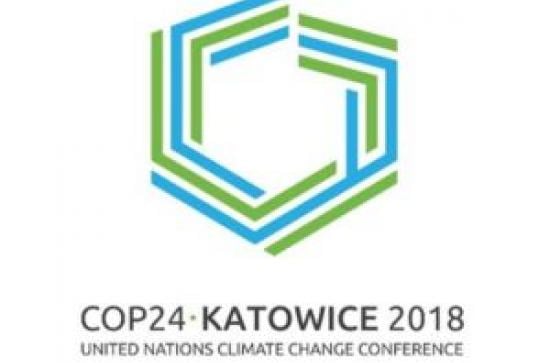
Style But Little Substance
Just under 200 countries and a number of Observer organisations have seats in one of the large halls where plenary negotiations take place. When a large queue of mainly young observers from non-governmental organisations formed outside another similar hall it turned out that they were waiting for one of the COP’s annual highlights – an hour long lecture by former US Vice-President Al Gore. Within a few minutes of the doors opening the hall was filled by 1,000 people and they were treated to a ‘tour de force’ on climate change. This featured Jaw dropping graphics on recent climate extremes around the world and some exciting case studies of countries making gigantic leaps in their energy and climate policies. There were no Irish examples. Ireland had of course remained firmly anchored to the ‘relegation zone’ in the annual league table of climate change performance issued earlier this week, and widely covered in the media at home. The worst performing country in the EU was now listed in the same category as Saudi Arabia, Russia and the United States of America.
Today was agriculture day and a number of events had Irish participation, including a panel appearance by Minister Creed. Many of these were hosted by Ireland’s ‘new best friend’ New Zealand. With an even higher percentage of national greenhouse gas emissions coming from agriculture, New Zealand has taken steps to reduce radically its sheep numbers, but its overall emissions remain problematical. Interestingly it has banned further oil and gas exploration offshore, something resisted by the current Irish government with respect to the Climate Emergency Measures Bill presently being considered by the Oireachtas.
Each country gets around 5 minutes for its Head of Government or relevant Minister to give a short account of their activities. Minister Bruton outlined a continuing contribution from Ireland of €2M towards the Green Climate Fund to help developing countries adapt to the climate change damages caused mainly by the developed countries. Other contributions to combatting desertification in Africa, tackling gender-related climate issues and other aspects of complying with the Paris Agreement bring the total to 4.5M. It is interesting to compare Ireland’s contribution to other countries. As of May this year, Ireland’s announced contribution to the Green Climate fund amounted to 60 cents (US) per capita. Denmark was $12, and Luxemburg (the highest) was $93 per capita.
Minister Bruton then met with the small Irish NGO delegation for half an hour and discussed how Ireland’s aspirations to move from climate laggard to climate leader might be achieved. The difficulties of mobilising finance e.g. for house retrofits were emphasised and a reluctance to set targets in advance of an assessment of their feasibility were the principal take away conclusions. The importance of the Taoiseach in mediating an all of government strategy was also emphasised.
Later that day, in the light of the recent IPCC report, over 20 countries took an initiative in signing up to a pledge to step up their ambition to tackle climate change by strengthening their Paris pledges, and increasing their emission reduction targets in the short and medium term. These countries included Denmark, Finland, Canada, Spain and the UK. Ireland did not sign up to this. In terms of moving from laggard to leader, the first opportunity to demonstrate intent has been rejected. As the French say: plus ça change!
Article written by Prof John Sweeney
